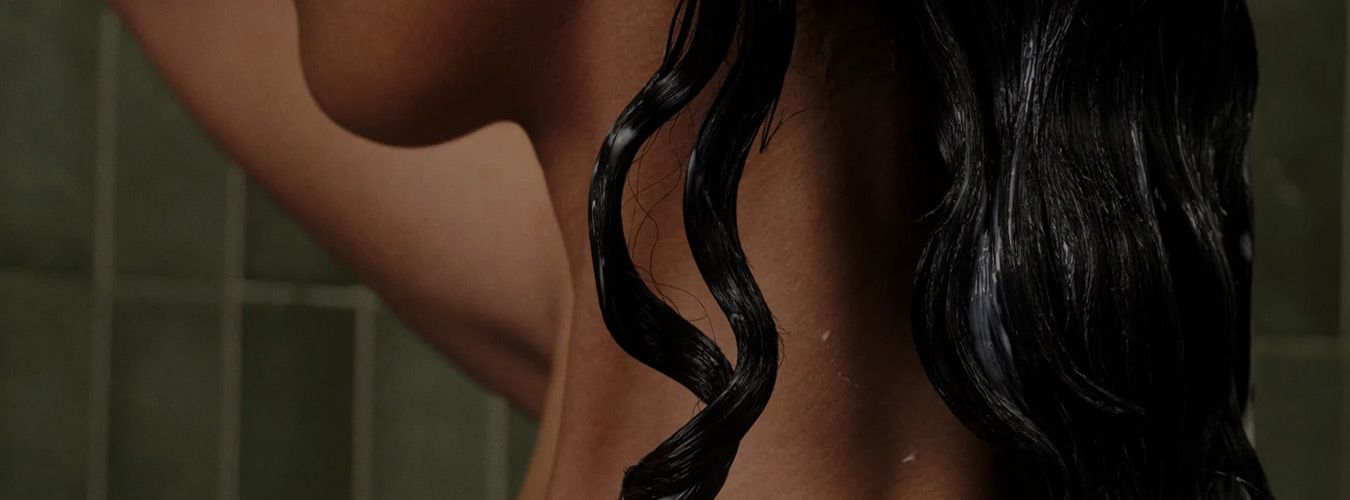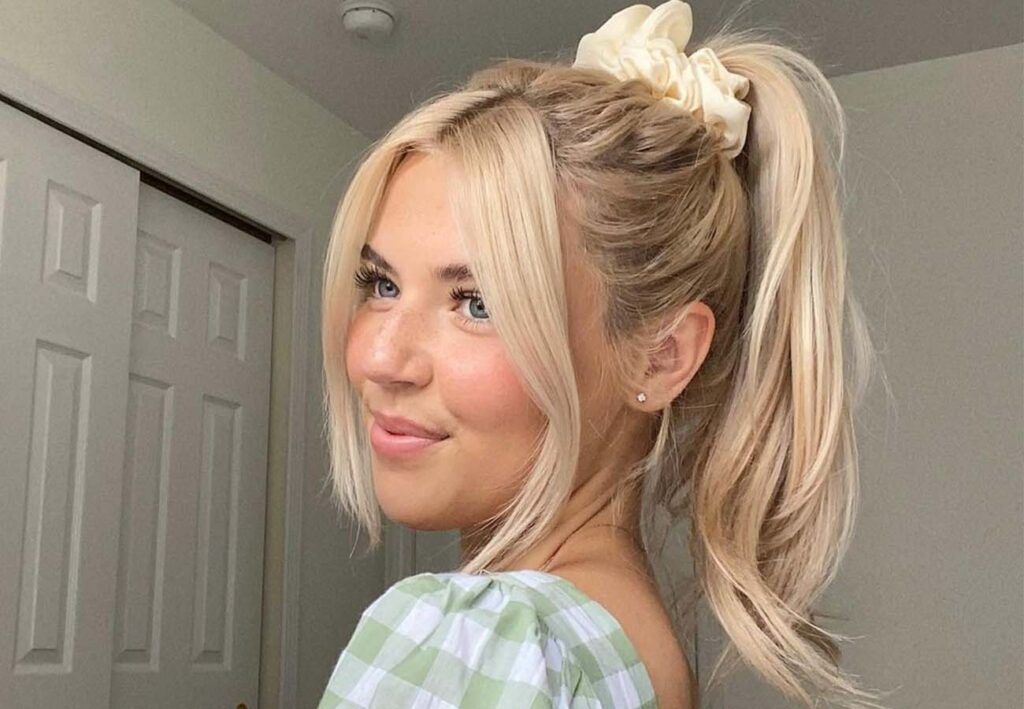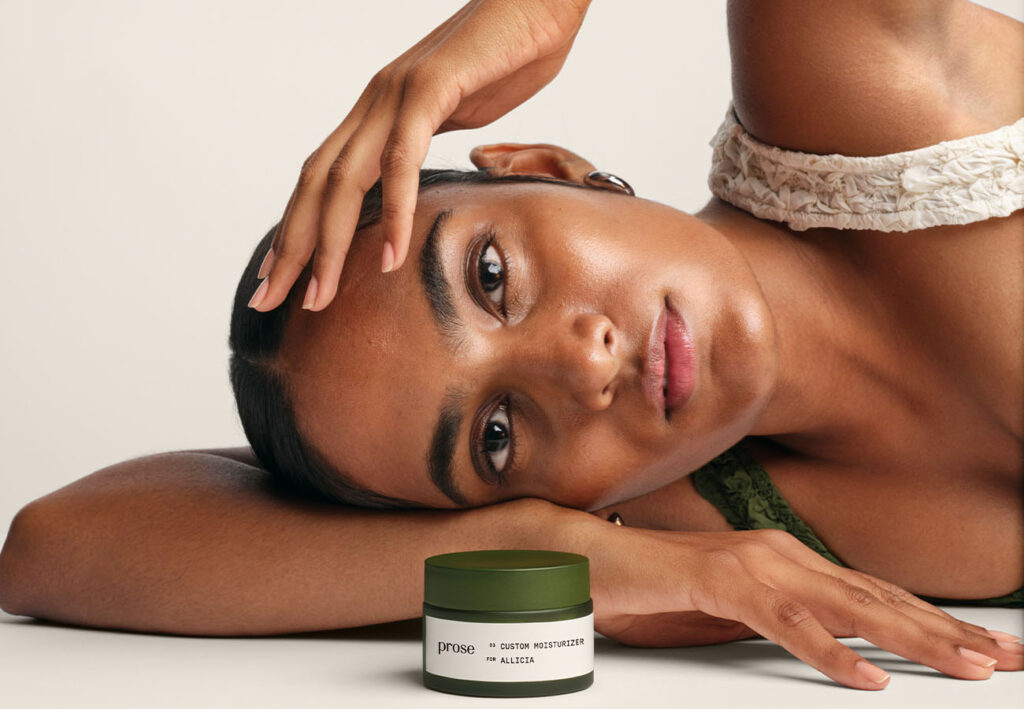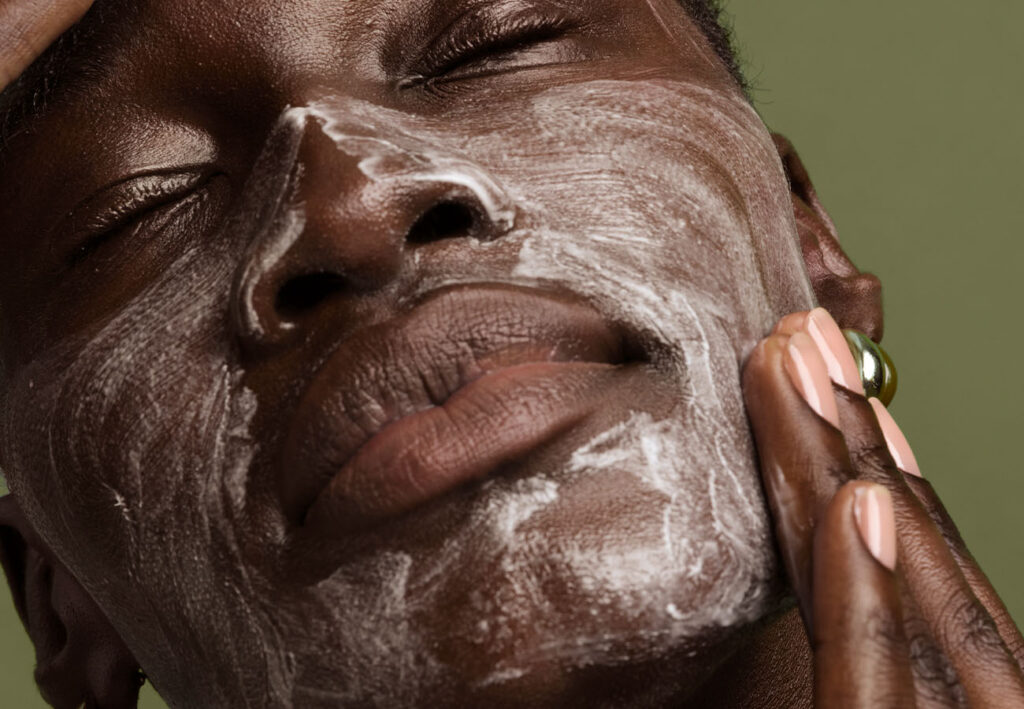When is it okay to pop a pimple?
Avoiding poking at your pimples isn’t just about a lesson of self-control. Popping introduces bacteria, dirt, and oil from your fingers into your skin, “which can increase infection, bruising, discoloration, and the risk of scarring,” says Brendan Camp, MD, a double board-certified dermatologist of MDSC Dermatologist in New York City.
When an extraction is done by the hands of a pro, “the skin is prepped with alcohol and a sterile tool is used to gently apply gentle pressure along the sides of the pimple to encourage its contents to come to a head and be expressed from the skin surface,” says Dr. Camp. It’s a delicate art that’s hard to replicate at home when you’re untrained. That’s why dermatologists say it’s never okay to pop a pimple. “Squeezing can cause more inflammation and could result in permanent acne scars. It does more harm than good,” says LoGerfo.
The do’s and the don’ts of pimple picking
We aim to be realistic. If you have an overwhelming desire to pick, “never pop a pimple without washing hands first or using clean extracting tools [like a comedone extractor],” says Dr. Camp. You want to avoid using your fingernails, which can easily scratch your skin. Using a tissue as a barrier, “don’t squeeze too hard. If it’s painful, then you should stop,” says Dr. Camp. If a whitehead is sitting at the surface of your skin or if you have a blackhead, you’re less at risk of causing damage if you pop. “Blackheads are open to the external environment; there is no barrier that needs to be ruptured,” he adds.
In other words, if you have to use a lot of force to get out the pus, you should leave it alone. Since cysts form deep under the skin, those are never okay to attempt to pop, and it is best to leave them to your dermatologist for treatment.
I’ve popped, now what?
Immediately afterward, you can use a gentle cleanser. Once you dry off your skin, you could use a cotton swab to apply a little antibacterial ointment or witch hazel to reduce inflammation. In general, however, avoid putting any active ingredients on it as it’s now an open wound. Resist further prodding, poking, and picking at your pimple. Let your skin heal and be patient as it naturally scabs over in the next few days.
How to properly treat pimples
Now that you have a better understanding of how popping pimples can potentially make them worse, next time you get a blemish, try to wrap your head around the idea that acne isn’t anything to be ashamed of, and you can let a pimple run its course. However, if you want your blemish to look less angry without popping, try applying a warm compress for a few minutes if the pimple is deep in the layers of your skin (with no visible head). If your pimple is inflamed, apply ice for a minute to calm redness.
Focus on a skincare regimen that highlights ingredients like mango leaf extract, kaolin, and witch hazel extract that provide sebum control and help soothe and minimize the look of redness. If you feel too tempted to tweeze, “see your dermatologist for a safe and sterile way to care for your acne,” says LoGerfo.
How to prevent acne
You can get ahead of pimples before they pop up. By focusing your daily skincare routine on products that help you gently exfoliate sensitive skin, cleanse clogged pores, and keep skin hydrated to balance oil production, you’ll be less likely to experience unwanted blemishes.
Prose custom skincare is designed to uniquely address your skin’s specific needs, including improving the appearance of blemishes. Take the Prose skincare consultation questionnaire to get your personalized recommendation for blemish-prone skin that you can use every day.
Always made to order. Never made to waste.
Exclusive Trial Offer Get 60% Off + Free Gift







